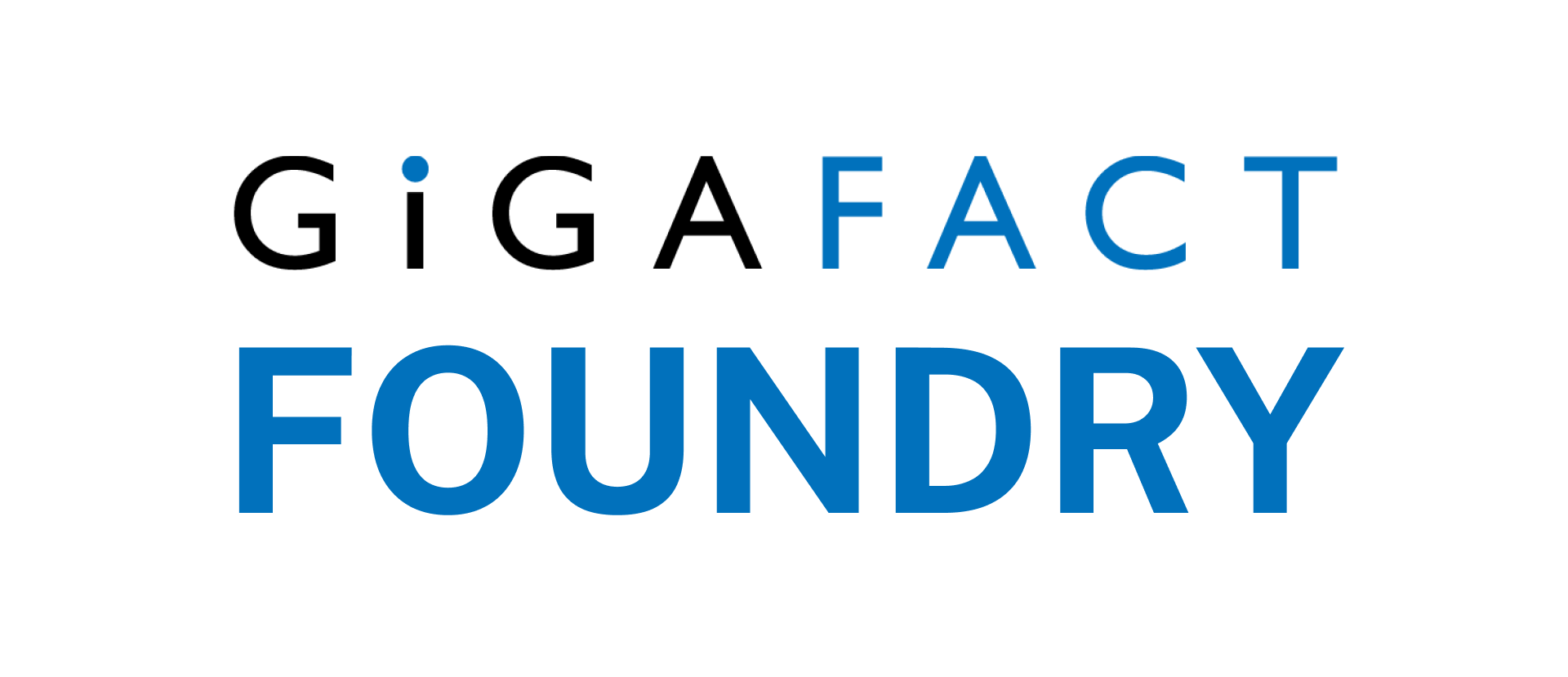Wednesday, Jul. 21, 2021
Do plant-based foods have a greater environmental cost than meat?
The environmental impact of animal products exceeds that of plant-based substitutes.
A study published in Science magazine found that meat, fish, eggs and dairy contribute 56% to 58% of the world‘s food-related emissions while providing 37% of consumed protein. Vegetable proteins have a fraction of the impact.
The Institute for Water Education concluded that obtaining protein, fat and calories from crop products is a more efficient use of water than meat products.
The World Resources Institute reports that generally speaking, “animal based foods” use more resources than “plant-based foods”—emissions from beef protein are 20 times that of the vegetable alternatives.
The cultivation of protein-rich plants can have an environmental impact. Two recent studies found that forest clearances in Brazil, often in order to plant soybeans (or raise cattle), have increased temperatures and decreased rainfall, which is now hurting crop production.
This fact brief is responsive to conversations such as this one.
Sources
- Science Reducing food’s environmental impacts through producers and consumers
- Water Footprint Network Data on the annual production of animal products
- World Resources Institute 6 pressing questions about beef and climate change
- World Development Conserving the Cerrado and Amazon biomes of Brazil protects the soy economy from damaging warming
- Nature Communications Deforestation reduces rainfall and agricultural revenues in the Brazilian Amazon
About fact briefs
Fact briefs are bite-sized, well-sourced explanations that offer clear "yes" or "no" answers to questions, confusions, and unsupported claims circulating online. They rely on publicly available data and documents, often from the original source. Fact briefs are written and published by newsrooms in the Gigafact network.
See all fact briefs
Between 2020 and 2022, under close editorial supervision, Gigafact contracted a group of freelance writers and editors to test the concepts for fact briefs and provide inputs to our software development process. We call this effort Gigafact Foundry. Over the course of these two years, Gigafact Foundry writers published over 1500 fact briefs in response to claims they found online. Their important work forms the basis of Gigafact formats and editorial guidelines, and is available to the public on Gigafact.org. Readers should be aware that while there is still a lot of relevant information to be found, not all fact briefs produced by Gigafact Foundry reflect Gigafact's current methods and standards for fact briefs. If you come across any that you feel are out of date and need to be looked at with fresh eyes, don't hesitate to contact us at support@gigafact.org.
Learn MoreLatest Fact Briefs
Is there a scientific consensus that life begins at conception?
Thursday, Aug. 4, 2022
Do countries around the world subsidize fossil fuels?
Wednesday, Aug. 3, 2022
Is the repeal of Roe v. Wade expected to increase the maternal death rate?
Wednesday, Jul. 27, 2022
